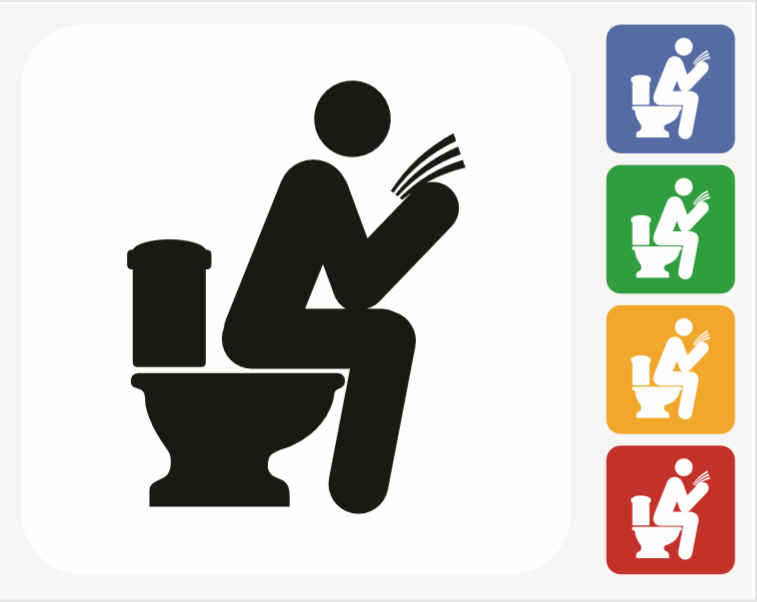Understanding the GI Map with Zonulin and Stool OMX Bile Acids Test
Recent studies show that up to 30% of patients with IBS-D are affected by bile acid diarrhea, underscoring the importance of evaluating bile acids in clinical practice. Further, bile acid malabsorption is associated with irritable bowel syndrome and inflammatory bowel disease. StoolOMX is a comprehensive bile acid test that helps elucidate bile acid malabsorption so practitioners can more precisely identify the root causes of these prevalent gut disorders.
Bile acids are produced by the liver from cholesterol and play a critical role in fat digestion. The liver synthesizes primary bile acids and conjugates them to enhance solubility. These bile acids are stored in the gallbladder and released into the small intestine during meals to emulsify and absorb dietary fats.
Under normal conditions, most primary bile acids are reabsorbed, with minimal amounts excreted in stool. Primary bile acids are metabolized by gut bacteria to become secondary bile acids. In abnormal cases of excess production, bile acid malabsorption (BAM), or gut dysfunction, excess bile acids enter the colon, potentially causing inflammation and diarrhea.
Results from the StoolOMX bile acids test add-on to the GI-MAP can help identify underlying issues contributing to conditions such as:
-
Bile Acid Diarrhea (BAD)
-
Irritable Bowel Syndrome (IBS)(-C, -D, -M)
-
Inflammatory Bowel Disease (IBD)
StoolOMX sets a new standard in bile acid testing by leveraging advanced technology to measure more bile acids than anyone else in the industry, delivering unmatched precision in totals, percentages, and ratios for superior clinical insights.
Zonulin: Leaky Gut and Barrier Integrity
As an additional add-on to the GI-MAP, Zonulin testing plays a vital role in identifying intestinal permeability, commonly referred to as “leaky gut.” Zonulin is a protein that regulates the tight junctions between cells in the intestinal wall. When levels are elevated, it suggests that these tight junctions have become too loose, allowing bacteria, toxins, and undigested food particles to pass into the bloodstream—triggering immune responses, inflammation, and sometimes autoimmunity.
Elevated Zonulin levels are frequently found in:
-
Celiac disease and gluten sensitivity
-
Chronic inflammatory bowel conditions
-
Mold exposure, environmental toxicity, and glyphosate exposure
-
Alpha-Gal Syndrome (AGS) and Mast Cell Activation Syndrome (MCAS)
Including Zonulin in stool analysis provides an important piece of the puzzle when assessing root causes of chronic illness, especially in patients with food sensitivities, histamine flares, or autoimmune tendencies.
Benefits of the StoolOMX Short Chain Fatty Acids Test
The short chain fatty acids test section of StoolOMX analyzes nine short chain fatty acids, providing deeper insight into gut function and microbiome health. Short chain fatty acids (SCFAs) are produced by gut bacteria during the fermentation of dietary substrates in the colon. These metabolites can be produced by either saccharolytic or proteolytic fermentation. The balance and ratios of these SCFAs offer essential insights into patients’ dietary patterns and digestive status.
The primary SCFAs — acetate, butyrate, and propionate — play crucial roles in maintaining gut health, immunity, and overall metabolic function.
SCFAs serve multiple functions, including:
-
Providing energy for colon cells (butyrate is the preferred fuel for colonocytes)
-
Strengthening the gut barrier and reducing intestinal permeability
-
Regulating inflammation by promoting anti-inflammatory pathways and supporting immune balance
Balanced SCFA production reflects optimal fiber fermentation, a balanced microbiome, and a healthy gut barrier. High branched chain fatty acids (BCFAs) indicate excess proteolytic/putrefactive fermentation, which can promote inflammation. StoolOMX reports on each short chain fatty acid and provides a SCFA/BCFA ratio, which offers insight into diet, root causes of symptoms of constipation and diarrhea, and more.
Low or imbalanced SCFA levels or an altered SCFA/BCFA ratio may indicate:
-
Insufficiency dysbiosis or lack of microbial diversity
-
Inflammatory dysbiosis
-
Leaky gut syndrome
-
Constipation or diarrhea
-
Poor diet quality
StoolOMX includes a short chain fatty acid test allowing practitioners greater insight into inflammation, dysbiosis, and more.


